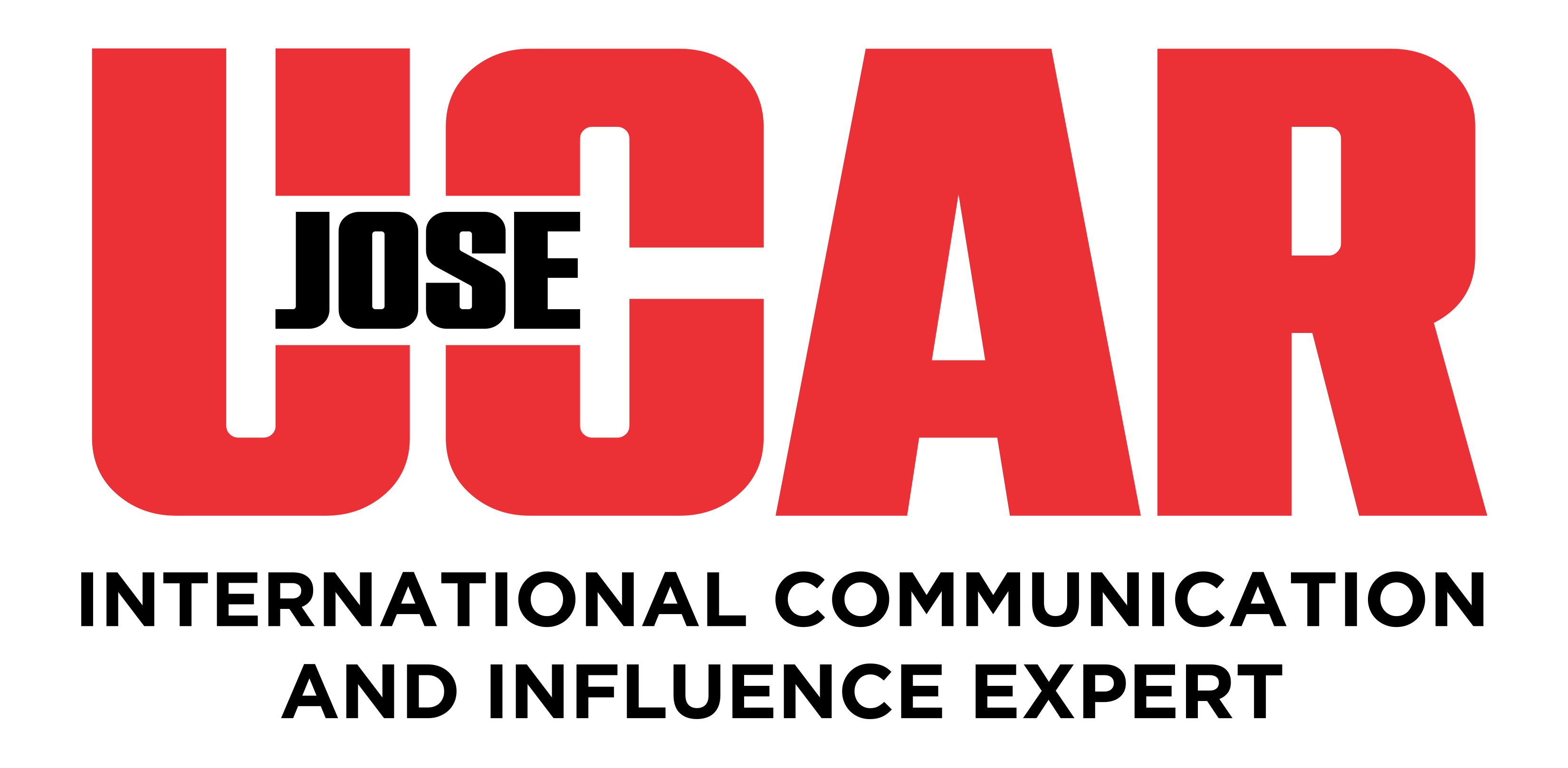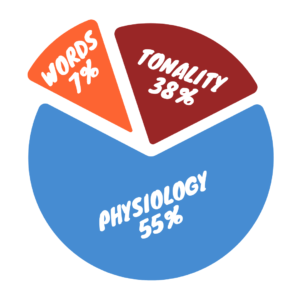The ability to build rapport is a distinctive quality of outstanding communicators and charismatic leaders. This ability to relate to others in a way that creates a climate of trust and understanding and where a feeling of comfort and commonality between people is established can and will change your human interactions.
Rapport takes place when there is appreciation for one another’s point of view (not always to agree with it), to be on the same wavelength, and to understand and accept one another’s feelings. It is essential for any form of communication to take place, unless, you don’t wish to make progress.
If you are in business, think about your customers, I guarantee that most of them deal and buy from you because of the level of rapport you have with them. As humans, we are more likely to stay with someone to whom we feel connected than we are when it isn’t the case. For example, hospital patients who build rapport with the nursing staff have a greater statistical chance of recovery as a result of the superior care they get in return.
You can build rapport face to face, over the phone, via email, through WhatsApp and Zoom. You can do it over time, shortly after you have met, instantly on a meeting…No matter what the circumstances or the people with whom you want to build rapport are, it’s the quality of the rapport that will make the difference.
Rapport is about joining people where they are in their style so that you connect with them in a way that supports all future communications. It can mean being hard on your approach to someone as much as being soft because it’s not about accepting what anyone says or does. When you build rapport, you are creating an atmosphere where to discuss and influence those things that do present problems between you and others.
Based on what I’ve shared in the video, what are you going to do next to start building rapport in your interactions with others?
Remember that during the first few seconds most of your communication happens through your physiology and tonality, therefore the 4-7 second rule, matching, mirroring and cross over matching/mirroring will be key.
What outstanding communicators do to build rapport.
- Seek first to understand, then to be understood.
- They look to connect with the people they come into contact with.
- Whole-body listening.
- They appreciate and respect that we are all different. They respect the styles, values and beliefs of others regardless.
- Affirm what’s good in others.
- Set the intention to leave others feeling a bit better, since they understand there aren’t neutral interactions.
- Are aware of the degree to which they are similar (or not) in any of the following, recognising that significant dissimilarity probably indicates lack of rapport:
- Posture: Position of the body, legs and feet, weight distribution, position of the arms, hands, fingers; shoulder tension or relaxation; inclination of the head.
- Expression: Direction of the look; movement of the gaze.
- Breathing: Rate of breathing; location of the breathing, in the chest, abdomen or low stomach.
- Movement: Overall tempo of movement, fast, steady, slow, still.
- Voice: Pace, volume, pitch, tone, type of words, intonation.
- Language: Visual, auditory, feelings-based. Values highlighted, chunk size (big picture vs. detailed), problem or desired state orientation, proactive or reactive, use of metaphors or to the point.
This is a comprehensive list and I wouldn’t expect you to do them all at once. My advice is that you pick one or two every day and begin to build the muscle. Be curious and open and remember that there is no failure, there is only learning. Go and apply what you’ve learned.
Join my growing community of students on Udemy.


